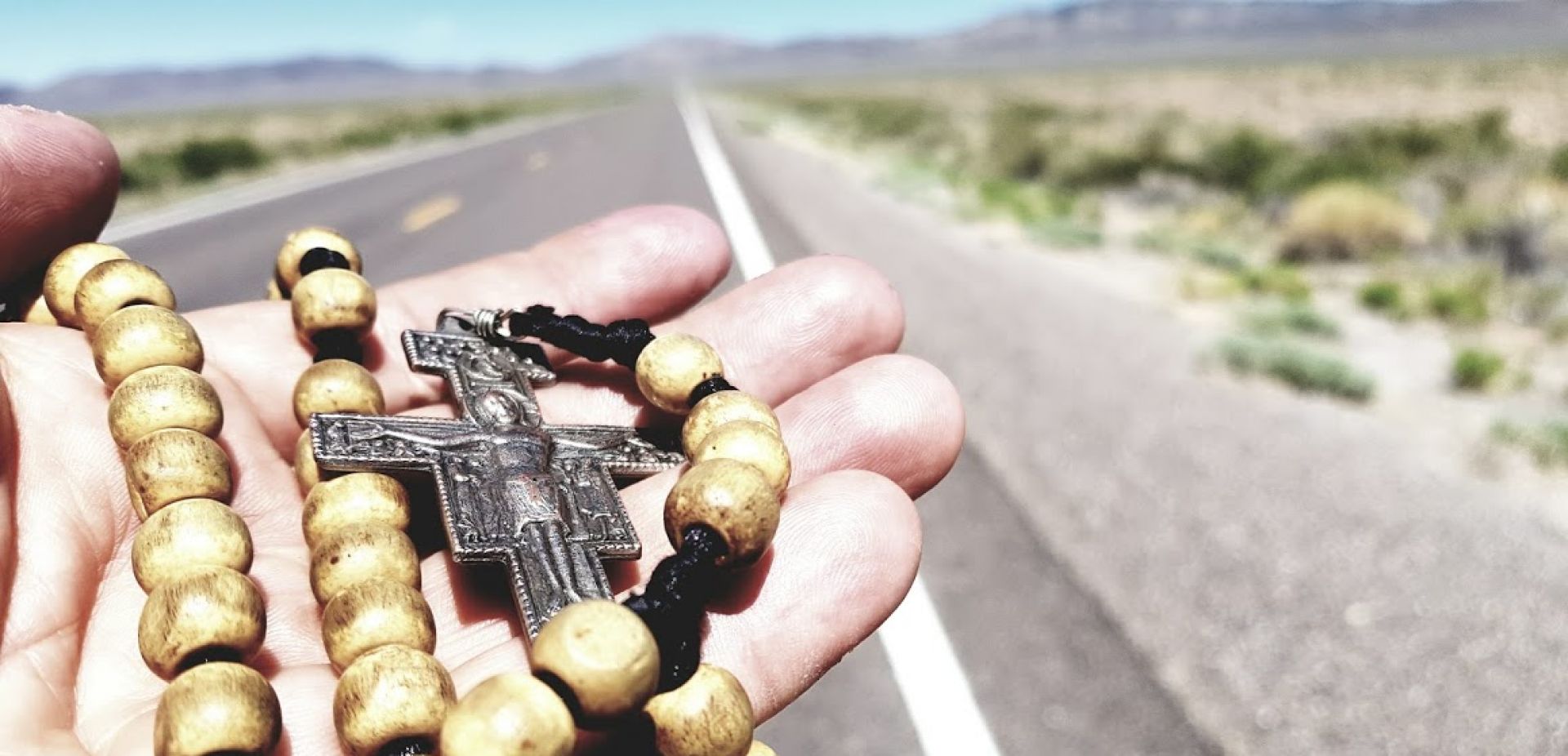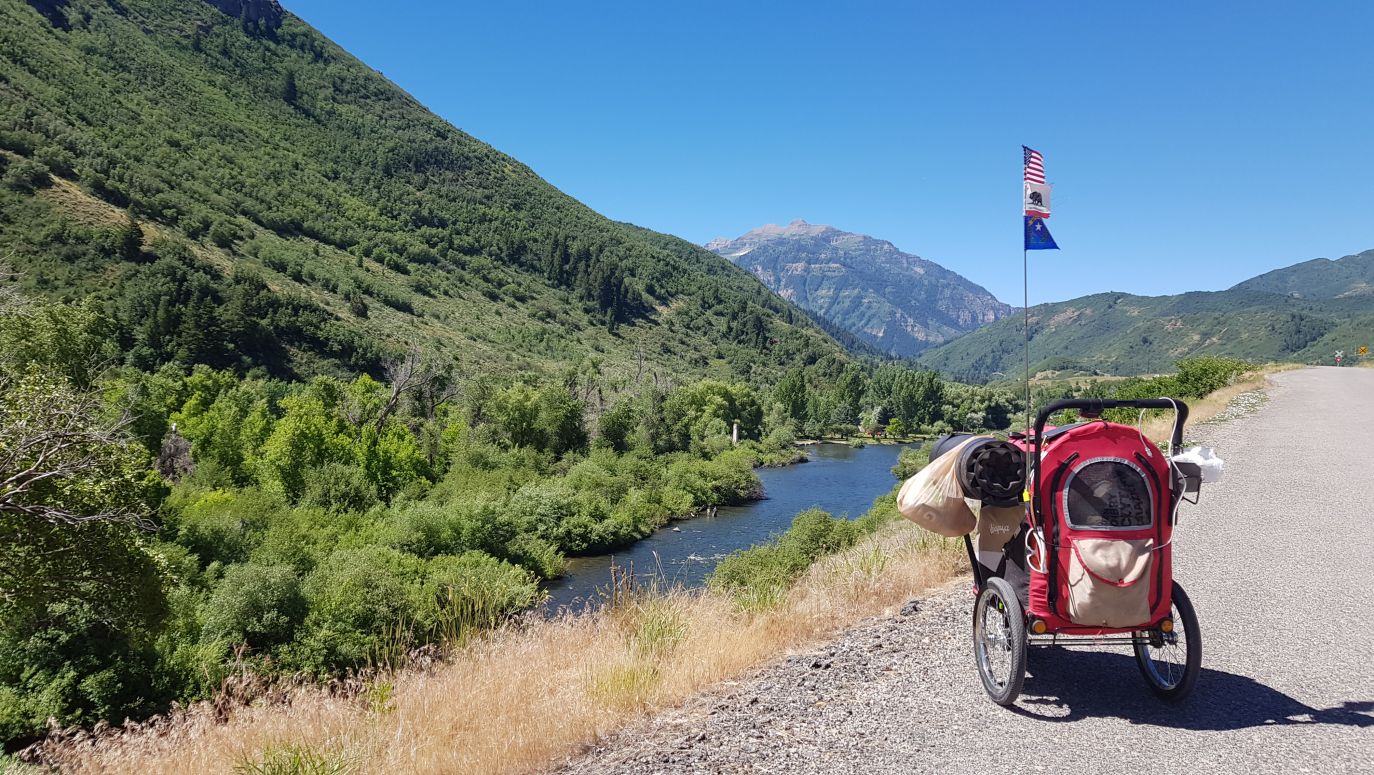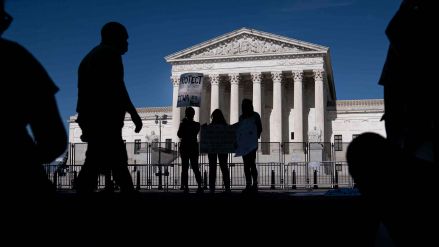
A teacher had given Shakespeare up wishing to depart from “focusing on the narration of white, cisgender, heterosexual men”.
see more
Our lives most often look like the garage of a typical American home. Everything is there, all sorts of junk put away for years. I remember being surprised that Americans keep their cars in front of the house, almost never in the garage. There is simply no room there.
You used to do well in business. Now you go on pilgrimages and paint icons. I'm sure it gives you spiritual satisfaction, but let's come down to earth - how do you live from that?
I remember the moment when I returned from a pilgrimage through Russia. In the deafening silence of the Russian steppe, I felt that the only way to the emptiness was through a prayer of surrender of everything. There it came to me how small a crumb I am in the depths of the cosmos and how much the Creator of the Universe cares about me. The constant prayer of the steps transported me into another dimension.
After returning to Poland, I found it hard to return to the world. I talked to Wojtek about whether it was possible to live this spirit of the way in normal everyday life, which manifests itself in the solitary way with the rosary. In fact, I am constantly looking for an answer to this question. I believe that there is a kind of deepest spirituality that is not hindered by the fulfilment of everyday duties.
Today I make my living from icons. I make works on board and polychromes for temples. I also run icon writing workshops. I do not advertise. I practically do not seek clients. Whispered advertising works: some people recommend me to others.
The frenzy is not there, but what is meant to come, comes. In "Swallow in the Cathedral", the new book I'm working on, the titular swallow is a bird that flies from the ceiling and sings during mass in African churches. I was writing a large icon of the Holy Trinity on the altar wall of a church near Kibeho in Rwanda.
These birds are great migrants. Twice a year they travel the murderous distance from northern Europe all the way to sub-Saharan Africa. "Swallow in the Cathedral" is not only a reverie of pilgrimage, but a search for the answer to the question of the icon. How, by remaining silent, it is able to convey so much.
I wonder where you will go next. Ukraine? Maybe Mariupol - after all, it's a city dedicated to Mary - although probably only after liberation by the Ukrainians would such a pilgrimage be possible.
I discussed this with Sergey, my icon teacher, who is Ukrainian and lives near Lviv. He strongly advised me against hiking through Ukraine at this time: "They shoot everyone there. You won't have time to explain who you are." I don't know. Maybe I gave up too soon.
I am not comparing myself to St Francis, but he did not hesitate to go to what was then Mariupol, which was Egypt's Damietta with a large camp of Crusaders preparing to clash with the great enemy, Sultan Malik al-Kamil.
Having failed to obtain the consent of the papal legate, Francis decided on his own responsibility, without weapons, to break through to the Muslim side. The Muslims were surprised by the courage of the barefoot monk, so they took him before the Sultan. My conviction is that Francis did not want to convert him. He was going to share his greatest treasure out of love. When you love, death has no access to you.
– interviewed by Paweł Burdzy
-translated by Tomasz Krzyżanowski
TVP WEEKLY. Editorial team and jornalists








